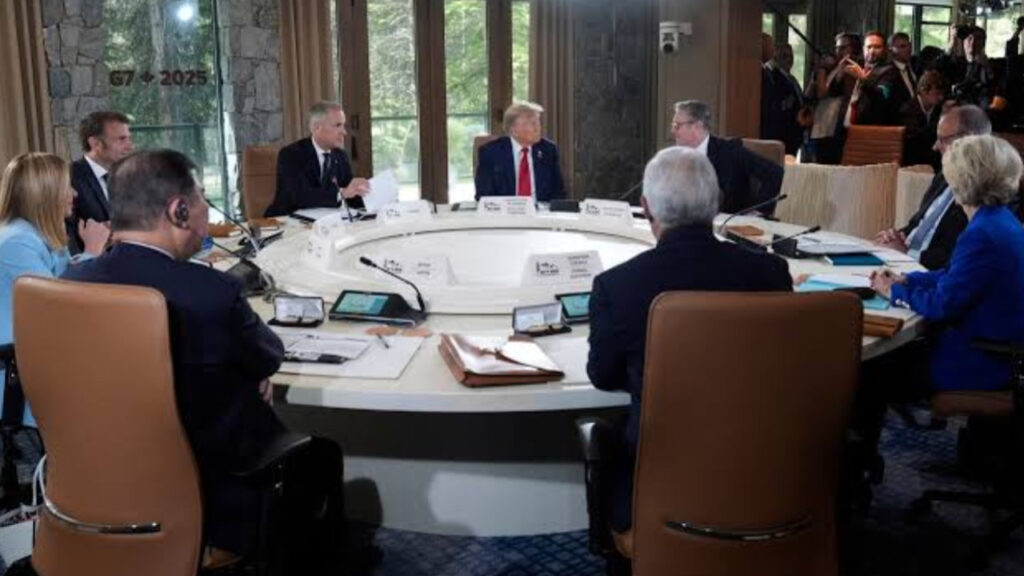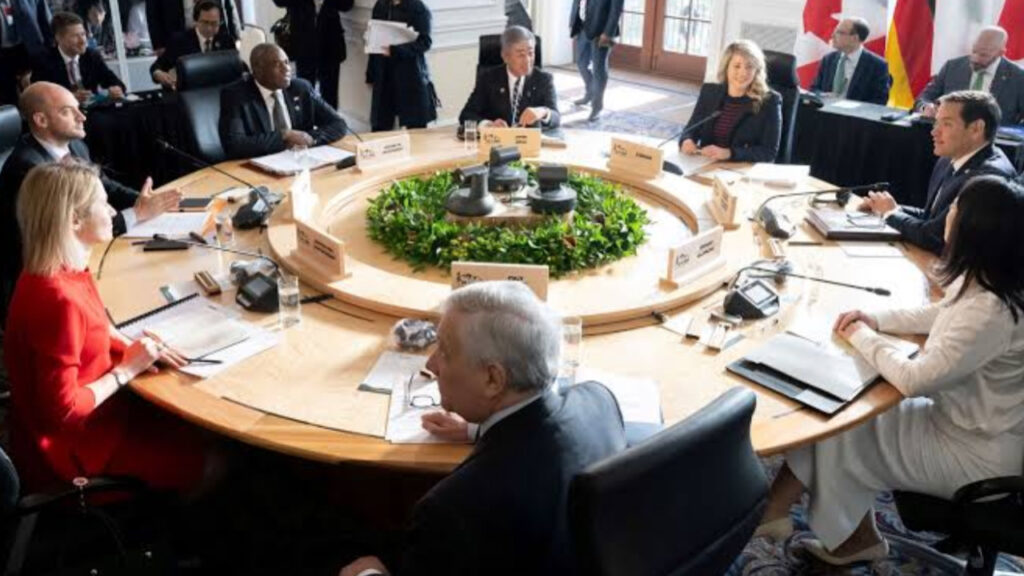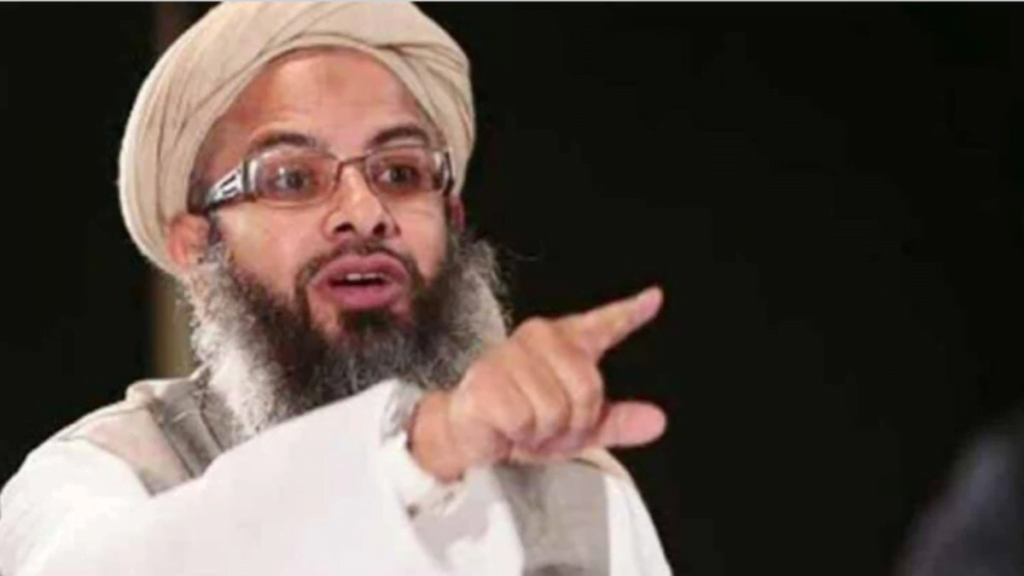Political News
The ongoing tensions in the Middle East have once again taken center stage as the G7 nations issued a strong statement reaffirming their support for Israel and condemning Iran’s role in recent attacks. The global powers collectively emphasized that Iran must not be allowed to develop or acquire nuclear weapons, a move seen as crucial to maintaining regional stability and international security.
The G7, comprising the world’s leading advanced economies, has consistently voiced concerns over Iran’s nuclear ambitions. Their latest declaration reiterated that any attempt by Iran to possess nuclear weapons would be unacceptable and would provoke severe consequences. The statement was issued amid rising hostilities in the region, where Iran has been accused of backing militant groups and conducting attacks that threaten peace.

Israel, a key ally of many G7 members, especially the United States, has been at the forefront of calling attention to Iran’s aggressive policies. The Israeli government has frequently warned that Iran’s nuclear program poses an existential threat to its security. Israel’s right to defend itself against such threats was strongly endorsed in the G7’s joint declaration.
According to the G7 communiqué, Iran bears responsibility for a series of recent attacks targeting Israeli interests and allies in the Middle East. The statement condemned these acts of aggression and stressed the need for accountability. It also highlighted that Iran’s support for proxy groups destabilizes the region, undermining efforts to achieve lasting peace.
Clear Message
The G7’s position sends a clear message to Tehran that the international community remains united in its opposition to nuclear proliferation and regional violence. The group urged Iran to return to diplomatic negotiations aimed at curbing its nuclear program and de-escalating tensions. They also called for increased monitoring and verification by international agencies to ensure compliance.

Iran, on the other hand, has repeatedly denied pursuing nuclear weapons, insisting its nuclear program is purely for peaceful purposes. However, suspicions remain high due to Iran’s past activities and refusal to fully cooperate with the International Atomic Energy Agency (IAEA). The G7’s statement reflects these ongoing concerns and reinforces global pressure on Tehran.
Experts believe that allowing Iran to develop nuclear weapons could trigger a dangerous arms race in the Middle East, with neighboring countries rushing to enhance their own military capabilities. Such a scenario could further destabilize an already volatile region, making diplomatic solutions even harder to achieve.
Conclusion
In conclusion, the G7’s firm stance underscores the importance of preventing nuclear proliferation and protecting allies like Israel from aggression. As the world watches closely, the challenge remains to find a peaceful resolution that addresses security concerns while avoiding further conflict. The message to Iran is clear: nuclear weapons are off limits, and accountability for hostile actions is non-negotiable.





